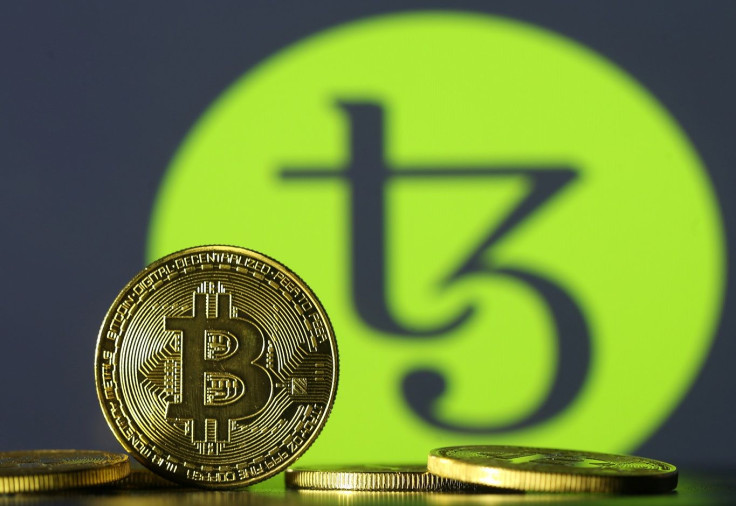Blockchain’s role in changing society for the better

Philanthropy and social work have the main objective of making the world a better place, particularly for the disenfranchised sectors of the society. Whether it is government agencies, private foundations or international organisations doing social work, financial transactions are always involved.
Big projects like decent housing for people in the slums would require large funding that may need to be transferred from wealthy donors to intended recipients, which may even be overseas. This is where blockchain technology can be utilised in an effective manner.
Although the technology has been associated with the cryptocurrency sector, it has a wide range of applications such as property sales, data audit and voter identification. Depending on the number of members, it is basically a ledger that is duplicated several hundred or thousand times in a computer network.
The result is a verifiable record with multiple authentication sources. It creates a database system that is transparent and has a full history of transaction changes — similar to the cloud system used by a Google Drive but more secure. Each change is tracked and permanently recorded in the shared ledger, allowing other members of the network to know who made specific changes and when. This is crucial for transparency in the area of international funding for philanthropic activities.
Blockchain-based companies like Global Blockchain Technologies (OTCMKTS:BLKCF, TSXV:BLOC) have crucial roles to play in developing applications for charity organisations and foundations. BLOC itself is not directly involved in technology development for these organisations, but it supports other companies, particularly the start-ups, to develop blockchain technology applications.
For instance, BLOC has partnered with Hyperledger, an open source project that focuses on tools and blockchain-distributed ledgers. One of the projects currently in incubation is the Hyperledger Indy. Focused on a distributed ledger and decentralisation, it is currently developing tools and libraries for digital identities. Its potential applications can include various administrative domains such as fund management for international aids and charity organisations.
Cryptocurrency fundraising
Various charity organisations also accept Bitcoin and other crypto money in their fundraising for various causes. The blockchain technology facilitates the crypto money donations and the conversion of these digital currencies into fiat money. Some charity foundations even create customised “charity coins” for fundraising purposes.
Cryptocurrencies can be exchanged for fiat money using online wallets. Transactions through this system are faster and more transparent because the need for a centralised financial authority to process the transactions is eliminated. Donations of any amount can be made without going through bank verifications. Verifications are automatically reflected in the online ledger, which is virtually impossible to alter or delete.
Some of the notable charities that accept Bitcoins include The Water Project, which provides water to communities in sub-Saharan Africa; Omni Nano, which is focused on providing science education based on nano-technology applications; Save the Children, a charity organisation for the protection and welfare of children around the world; and Root Tokens, which supports anti-poverty projects.
In comparison, traditional money transfers through banks and financial services companies are more costly because the fees are dependent on the amount of money to be transferred and the location of the recipients. Transferring funds from industrialised countries to developing countries in the form of multimillion- or multibillion-dollar aids are even higher in the remittance cost scale. Direct transfers through blockchain system will significantly reduce that cost.
Stopping environmental exploitations
In addition, Blockchain technology is now used in monitoring the transportation of raw materials and food products. For instance, environmental agencies and NGOs can monitor the transactions made on diamonds. This could prevent the flow of “blood diamonds” into the market.
Meanwhile, global databases on coral reefs and other marine resources can be integrated using blockchain systems. Environmental scientists can regularly update a blockchain database and collaborate on certain projects.
Blockchain companies, tools and systems can be used for the betterment of society. Blockchain can change the world beyond the realm of commerce and can potentially have significant roles in promoting social justice and protecting the environment.
Article via press release sent for consideration.




















